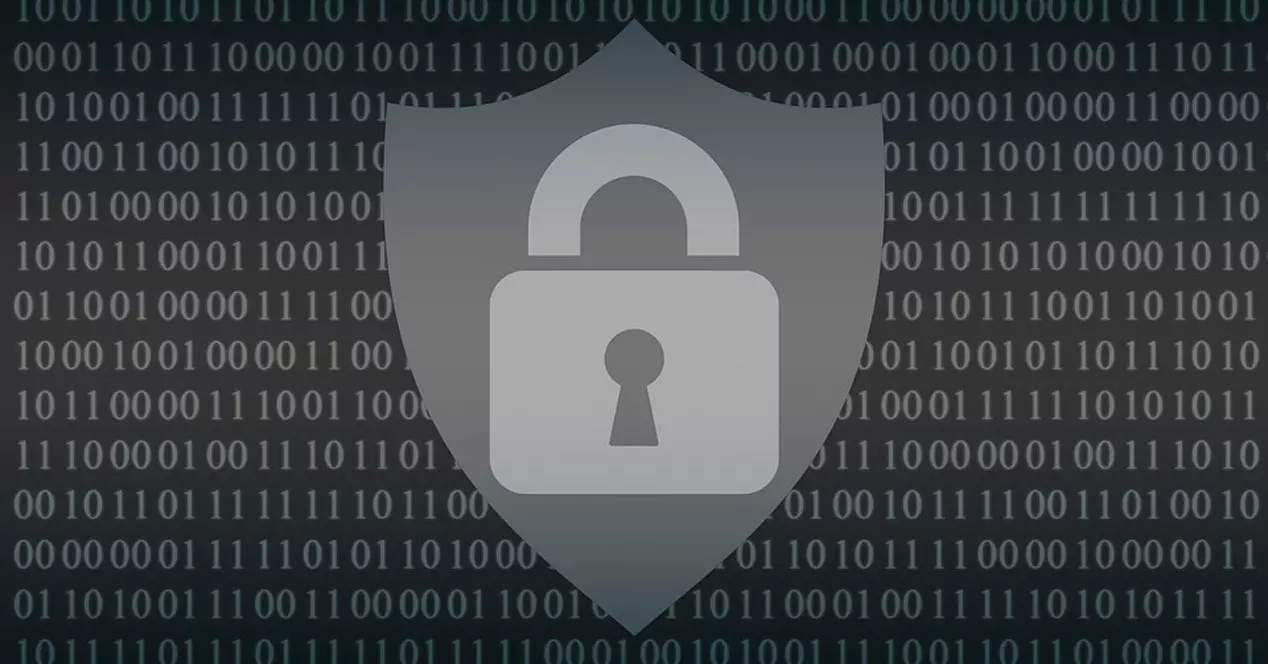
Free VPNs have grown in popularity over recent years as internet users become increasingly concerned about privacy and data security. According to recent surveys, nearly one in four internet users around the world has used a VPN at some point, with a significant number opting for free VPN services due to their accessibility.
This growing trend shows that more people want control over their data and online presence. While many may not have the budget or need for premium VPN services, free VPNs provide an introductory level of privacy and security, making them suitable for casual users.
In this article, we’ll find the advantages of using a free VPN, considerations for selecting the right one, and address the common security issues associated with free VPNs.
What Is a Free VPN and Why Is It Popular?
A free VPN, or Virtual Private Network, allows users to mask their IP address and encrypt their online activity without needing to pay a subscription fee. By changing your IP address and using encrypted tunnels, a free VPN provides a basic level of online anonymity and security. Users looking to protect themselves on public Wi-Fi or bypass simple geo-blocks may find a free VPN adequate for their needs.
With an increasing amount of our personal data being shared and tracked online, more people are turning to VPNs as a privacy tool. Free VPNs, in particular, appeal to students, freelancers, and casual internet users who may not need the advanced features of premium VPNs but still want a layer of protection.
The Main Benefits of Using a Free VPN
Using a free VPN offers a range of benefits, especially for those new to VPN technology. Here are the core advantages:
1. Enhanced Privacy and Anonymity
One of the main reasons people use VPNs is to maintain privacy and anonymity online. Every time you browse, stream, or interact with websites, your IP address and location are visible. This data can be used by websites to create a profile about your habits or preferences. Free VPNs help mask this information, giving users a layer of anonymity.
In public Wi-Fi settings, like those at cafes or airports, VPNs protect users from potential cyber-attacks. With such services, users can feel secure when browsing on open networks, as their data remains encrypted.
2. Access to Geo-Restricted Content
Another popular use for free VPNs is bypassing geo-blocks. Some websites, streaming platforms, or services restrict access based on location. For example, a video available in the United States might be unavailable in another country. A free VPN can mask your IP address, making it appear as though you’re browsing from a different location.
Using a VPN allows you to connect to servers in various countries, giving you access to content otherwise blocked in your region.
3. Cost-Effective Solution
Cost is a significant factor for many users. Not everyone has the budget or the need for a paid VPN service. Free VPNs allow people to explore VPN technology without a subscription cost. Many people, including students and those new to digital security, benefit from this free entry into the world of VPNs.
While premium VPNs offer advanced features like multi-device support, ad-free browsing, and high-speed connections, a free VPN can meet basic needs.
4. Learning Experience for New Users
For those unfamiliar with VPNs, free VPN services offer a simple way to learn about how VPNs work. Free options allow users to explore features such as IP masking, server location switching, and encryption basics. This experience can help users decide if they need the additional benefits of a paid VPN later on.
Things to Consider When Choosing a Free VPN
Not all free VPNs are created equal. Here are some key factors to consider when selecting a free VPN:
1. Security Protocols
It’s essential to choose a free VPN with robust security protocols. While premium VPNs may offer advanced protocols like OpenVPN and WireGuard, many free options provide basic encryption standards. Still, it’s important to check what type of encryption is used to ensure your data is protected.
A VPN uses reliable encryption standards, which can prevent unauthorized access to your data while online.
2. Privacy Policy and Data Logging
Some free VPNs log user data and sell it to third parties to offset costs. When choosing a free VPN, review its privacy policy to ensure it doesn’t track or store personal data. Transparent policies are essential for trust, as a free VPN should prioritize user privacy.
3. Speed and Bandwidth Limitations
Free VPNs may come with speed and bandwidth limits, which can impact performance. Slow speeds may affect browsing, streaming, and downloading. While premium VPNs usually offer faster connections, some free VPNs balance server load to provide users with reasonable speeds.
Common Risks of Free VPNs
While free VPNs offer several benefits, users should be aware of certain risks associated with these services. Many free VPNs monetize by collecting user data or showing ads. In extreme cases, some may even expose users to security vulnerabilities. Here are some common issues to consider:
- Limited Server Options
Many free VPNs offer limited server locations, which may restrict the ability to access certain content. Limited servers can also lead to slower speeds, as many users are connecting to the same servers. - Data Collection Practices
Some free VPNs sustain themselves financially by collecting user data and selling it to advertisers. This practice can undermine the purpose of a VPN, which is to protect user privacy. It’s essential to choose a VPN with a transparent privacy policy that doesn’t compromise user data. - Ad-Supported Services
Free VPNs may display ads to generate revenue. While this isn’t inherently harmful, excessive ads can disrupt the browsing experience. Ads may also collect data about users, which can compromise privacy. - Weaker Security Features
Free VPNs may lack the advanced encryption and security features found in paid options. For example, some free services might not offer kill switches, DNS leak protection, or strong encryption. This lack of features can expose users to online risks.

VPNLY: A Recommended Free VPN
VPNLY stands out among free VPN options due to its focus on user privacy, reasonable speeds, and ease of use. Unlike some other free VPNs, VPNLY maintains a clear no-logging policy, ensuring that user data is kept private. With basic encryption and reliable server locations, VPNLY is suitable for casual users who need essential VPN features without any cost.
VPNLY doesn’t rely on intrusive ads, creating a more enjoyable experience. Its balanced server distribution also provides acceptable speeds for browsing, streaming, and limited downloads. Although it may not have the advanced features of premium VPNs, VPNLY provides a well-rounded solution for those new to VPNs or those with basic privacy needs.
Wrapping up!
Free VPNs, like VPNLY, offer an accessible entry into online privacy and security. With the ability to mask IP addresses, access restricted content, and protect data on public Wi-Fi networks, free VPNs provide a valuable resource for many users. While they may not match the speed, features, and comprehensive security of premium VPNs, free VPNs are an excellent choice for beginners and casual users who prioritize privacy but don’t need the full feature set of a paid option.
Selecting the right free VPN requires understanding both its benefits and limitations. While free VPNs like VPNLY provide basic encryption, users must stay aware of privacy policies, data logging, and potential ad interference. With careful selection, a free VPN can be a useful tool in today’s digital world, providing protection and access without financial commitment. For those considering more robust solutions, trying a free VPN can be an excellent first step into the world of digital privacy.



